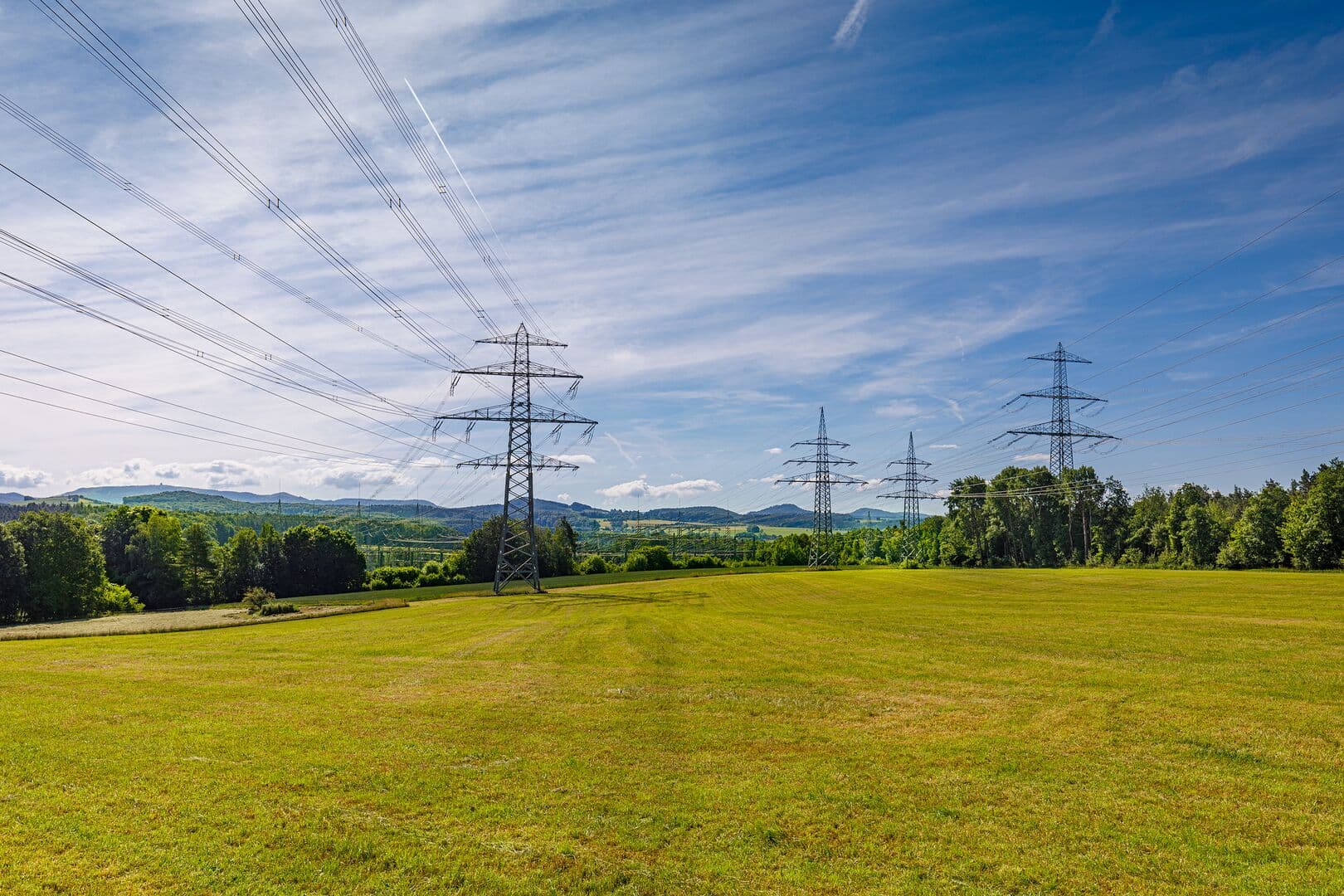
Regulation
As a transmission system operator (TSO), TenneT has the task of transmitting electricity at high and extra-high voltage levels via the power grid and ensuring its availability 24/7.
As a transmission system operator (TSO), it is TenneT’s task to transport electricity over the power grid at the (extra-)high voltage level and to ensure its availability around the clock. For this service TenneT charges fees to its customers. Companies with a connection to the high-voltage grid are for example distribution system operators (DSOs) that maintain and operate the medium and low voltage grids or large factories that very intensively use electricity for their production. These customers cannot choose to which TSO they will be connected: TSOs are so-called natural monopolies. The high level of construction and maintenance costs for the grid imply that it is not feasible economically to have multiple suppliers in a certain area. Hence, there will only be one TSO in each geographical part of the country. As a monopolist, everything TenneT does to fulfill its tasks is overseen by state authorities. The idea is to protect customers from potential abusive behavior of the monopolist and to ensure it’s compliance with legal obligations, especially with regard to TSO cooperation in expanding and operating the grid.
The relevant regulatory authorities for TenneT are Autoriteit Consument & Markt (ACM) in the Netherlands and Bundesnetzagentur (BNetzA) in Germany, which set the revenues TenneT is allowed to earn based on the rules set out in the legal framework.
Since the sustainable and cross-border transmission of electricity is becoming more and more a European task TenneT is also regulated on the European level by ACER (Agency for the Cooperation of Energy Regulators). ACER coordinates and oversees topics on supra-national level, especially European market conditions, cross-border grid expansion or the implementation of European law packages like e.g. the Green Deal or the Clean energy Package.Therefore TenneT is also engaged in numerous international cooperations, e.g. ENTSO-E (European Network of Transmission System Operators for Electricity).
The DSOs, TenneT’s largest customers, who operate the medium and low-voltage grids, pass on the costs of using the high-voltage grid to their own customers. For example, end users of electricity, such as households, pay for the maintenance of TenneT's high-voltage network via their energy bills.
This following module shows and explains how the tariff system works in the Netherlands and Germany.
- How much of an average household's energy bill consists of the tariffs of the high-voltage grid?
- How are the tariffs determined that TenneT charges to its customers?
- And how does the system ensure that TenneT receives “the right amount of money” to keep the high-voltage grid safe and reliable?
Since the system differs in the Netherlands and Germany, the following pages are also divided by country.